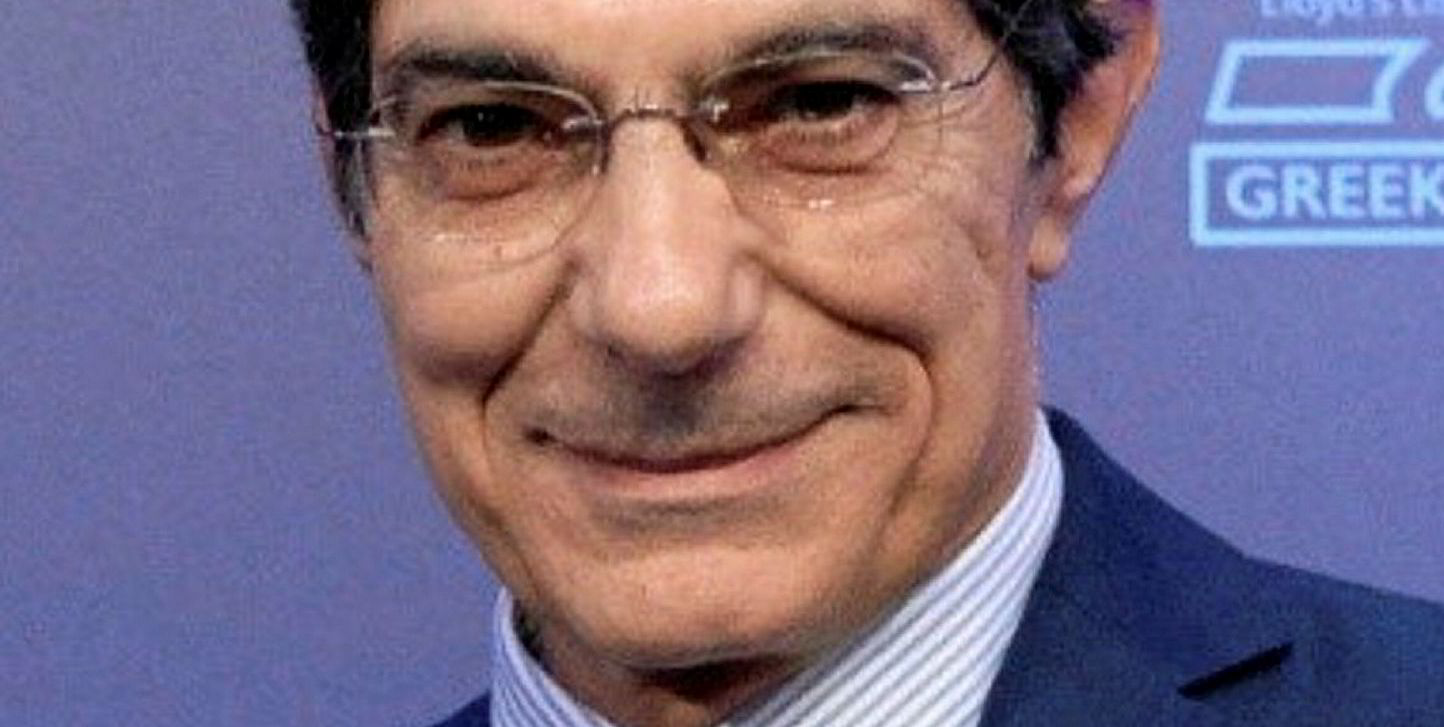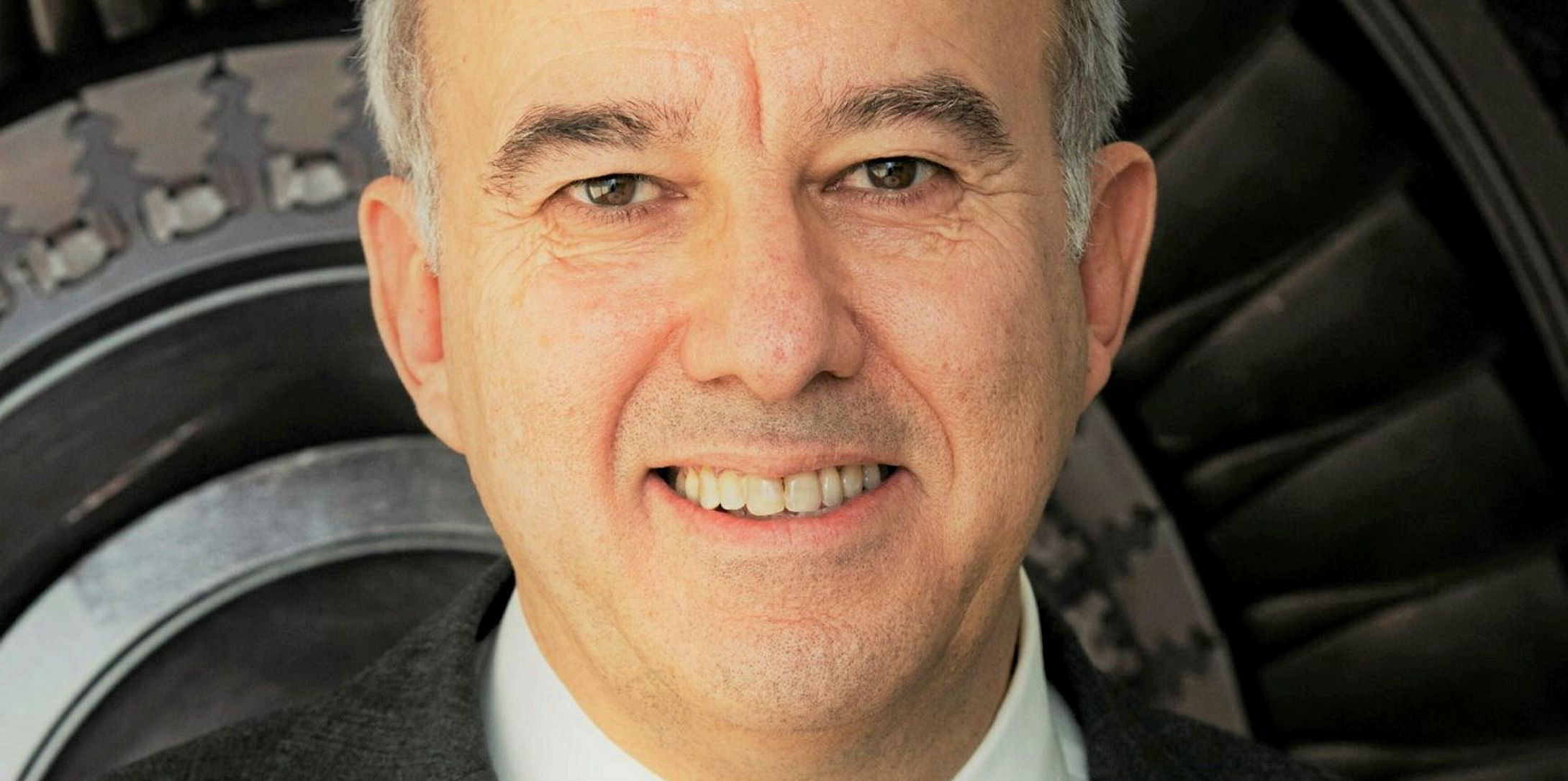Greece is officially backing the IMO drive to reduce shipping’s carbon footprint through an elaborate formula that measures vessels’ energy efficiency.
However, some in the country’s shipping community are unimpressed: they believe it fails to reduce emissions and merely shifts power from owners to bankers, shipyards and charterers.
Their gripe centres on the Energy Efficiency Existing Ship Index (EEXI), which the IMO plans to use as a yardstick for the amount of greenhouse gases (GHGs) ships built before 2013 emit into the atmosphere.
Based on a formula combining speed and engine power, ships will be obliged to reduce one or the other to make sure their performance comes in at, or below, EEXI ceilings, set for different types of vessels.
“The whole indices concept has failed,” Panos Kourkountis, technical director at Procopiou family-controlled Sea Traders, told TradeWinds. “You can’t describe a ship just with a single number.”
EEXI is modelled on Existing Vessel Design Index (EVDI), a benchmark used by RightShip — a risk-management platform co-owned by major charterers. Several Greek technical managers view RightShip’s methods with scepticism.

“Unfortunately, we have to find a way to live with those indices,” said John Kokarakis, technical director for technology and business development at Bureau Veritas in Piraeus, which covers Greece, the Black Sea, Adriatic Sea, Malta and Cyprus.
Banks providing one-fifth of all available shipping finance today use similar benchmarks under the Poseidon Principles initiative, Kokarakis said.
“It’s human nature to seek out a simple number that shows you if a ship has a good environmental performance or not,” said Panos Zachariadis, fleet technical director at Atlantic Bulk Carriers Management.
Nevertheless, EEXI can work, according to Zachariadis. In contrast to RightShip’s EVDI, he believes EEXI can be fed verifiable data to accurately reflect a ship’s actual performance.
RightShip states on its website that it is working to validate the data used for its calculations.
Level playing field
Zachariadis also views EEXI as a fair attempt to level the playing field between younger and older vessels, which consume more fuel at the same speed.
Kourkountis, however, believes it is anything but fair: it will discriminate against older vessels and allow younger ones to sail at higher and more polluting speeds than they would under a simple slow-steaming regime with common speed limits.
“The environmentalists are against EEXI,” Kourkountis said. “It is not environmentally beneficial to reduce ship lifetime, accelerate scrapping and increase newbuilding activity with the present technology.

“Ship emissions will go through the roof when the market improves and ships begin to speed up again. It is already happening.”
Other players, like Zachariadis, counter that EEXI will prevent ships from speeding up — especially older, less-efficient ones — and help meet the stated target of reducing GHG emissions from ships by 40% from 2008 levels within the next decade.
“The object is to lock in emissions at current levels, which are already about 35% below 2008,” said Zachariadis. “The EEXI goes a long way towards meeting that.”
According to Kokarakis, the reductions in power and consequently in speed due to EEXI will be applied on vessels already travelling at a fraction of engines’ maximum continuous rating, around 50%. The expected cut in emissions will be less than 10%, he estimated.
The IMO has rejected speed limits as a one-size-fits-all solution on the premise that they would be unworkable and harm innovation. Several in the industry even view speed limits as a self-serving proposal to maximise freight rates.
Kourkountis, however, speaks for many Greeks who view things differently. In their eyes, it is EEXI that is an environmental pretext primarily to serve financial interests seeking to create more business for themselves.
“We’re always being treated as Cassandras [a priestess of Apollo in Greek mythology cursed to utter true prophecies, but never to be believed], yet we were right on so many things: ballast water treatment, scrubbers, you name it. Just wait and see what will happen with EEXI.”






